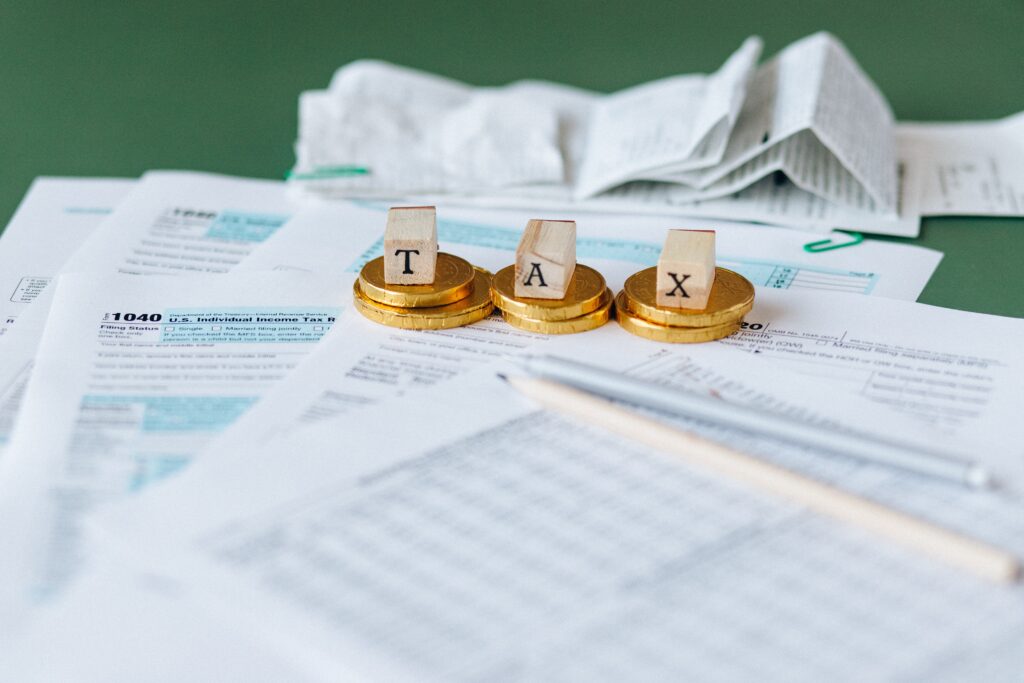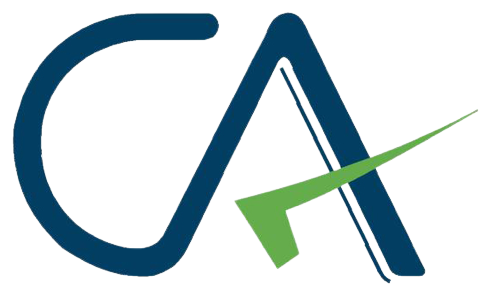Today we learn about how to save income tax. Saving taxes is an essential aspect of financial planning for salaried employees. By employing various tax-saving strategies, you can reduce their taxable income and optimize their tax liabilities. Here are some effective ways for salaried employees to save tax:

Opt for Tax-Advantaged Investments:
a. Employee Provident Fund (EPF): Contribute a portion of your salary to EPF, a government-backed retirement savings scheme. The contribution is tax-deductible under Section 80C of the Income Tax Act, up to a specified limit.
b. Public Provident Fund (PPF): Open a PPF account and contribute to it regularly. The contributions are tax-deductible under Section 80C, and the interest earned, as well as the maturity amount, are tax-free.
c. National Pension Scheme (NPS): Invest in NPS, which offers a mix of equity and debt instruments for retirement savings. The contributions are tax-deductible under Section 80CCD(1B) over and above the limit of Section 80C.
d. Tax-Saving Fixed Deposits (FDs): Invest in tax-saving fixed deposits offered by banks, which have a lock-in period of five years. The investment is eligible for tax deduction under Section 80C.
Utilize Section 80C Deductions:
To Save Income Tax, Section 80C of the Income Tax Act provides deductions up to a specified limit for certain expenses and investments. Besides the options mentioned above, you can consider the following to maximize your tax savings:
a. Life insurance premium payments.
b. Principal repayment on a home loan.
c. Tuition fees for children’s education.
d. Equity-linked Savings Scheme (ELSS) investments.
e. House Rent Allowance (HRA) Exemption:
If you live in a rented accommodation and receive HRA as part of your salary, you can claim exemptions under Section 10(14) of the Income Tax Act. The HRA exemption is calculated based on the actual HRA received, rent paid, and the city of residence.
Medical Insurance:
Invest in a health insurance policy for yourself, your spouse, children, and parents. Premium payments made towards health insurance are eligible for deductions under Section 80D. Additionally, if you are paying medical insurance premiums for your parents who are senior citizens, you can claim an additional deduction.
Leave Travel Allowance (LTA):
Utilize the LTA component of your salary by planning vacations within India and claiming the exemption for travel expenses incurred. This exemption is available for travel expenses incurred for the employee and their immediate family members.
Home Loan Benefits:
If you have a home loan, you can claim deductions on the principal repayment (under Section 80C) and the interest paid (under Section 24) on the loan. Additionally, first-time homebuyers can avail of an additional deduction under Section 80EEA for interest paid on home loans.
Reimbursements and Tax-Free Allowances:
Optimize the tax benefits provided by reimbursements and tax-free allowances such as conveyance allowance, telephone/internet bills, meal coupons, and medical reimbursements. These allowances are tax-free up to specified limits.
NPS Employer Contribution:
Another way to how to save income tax, If your employer offers the NPS benefit and contributes to your NPS account, the employer’s contribution is eligible for tax exemption under Section 80CCD(2).
Remember to maintain proper documentation and keep track of all investments, expenses, and proofs required for claiming deductions. It is advisable to consult a tax professional or financial advisor to optimize your tax-saving strategies based on your specific financial situation.
For any query and support leave your comments below
Thanks & Regards!
Thanks & Regard!
CA Gopal Kumar
9718569879
cagkumar1@gmail.com


Pingback: ITR Filing Last Date Don't Miss Out 31st July 2023
Please help me to save my tax and filing my itr
please call us on 9718569879